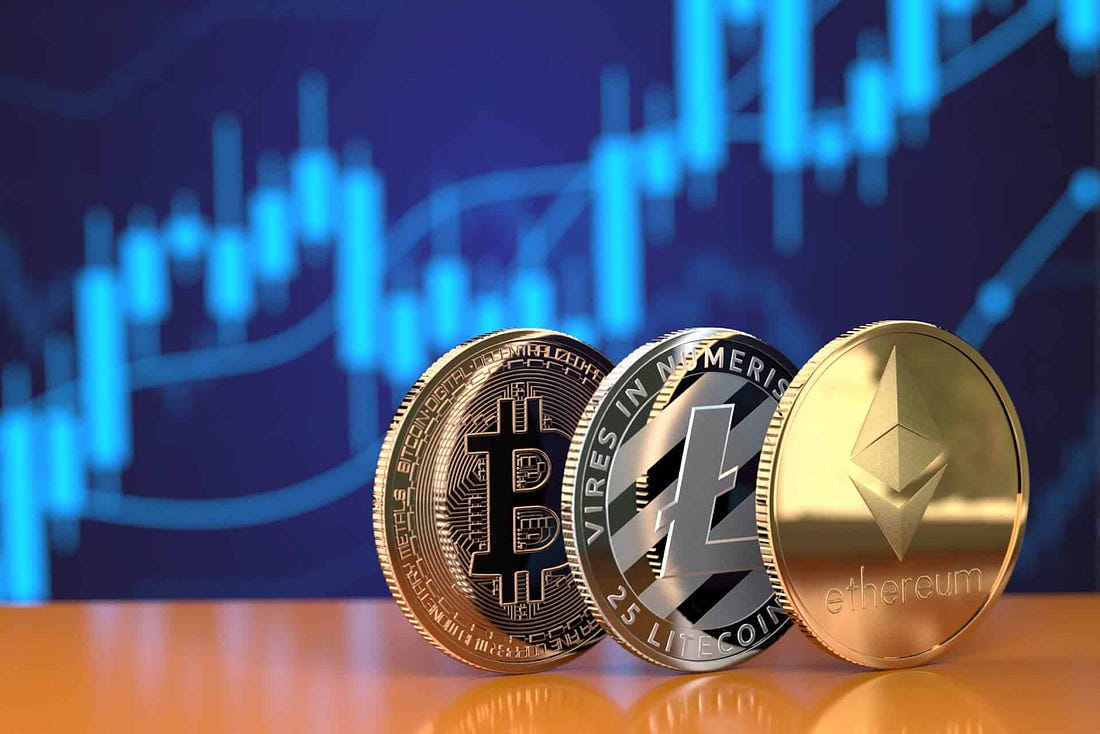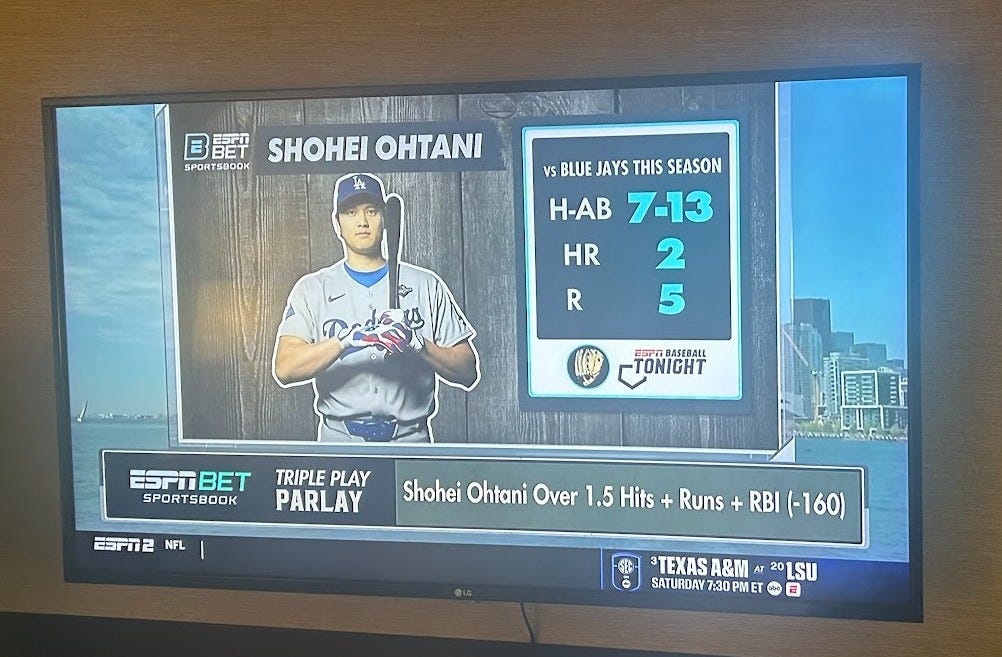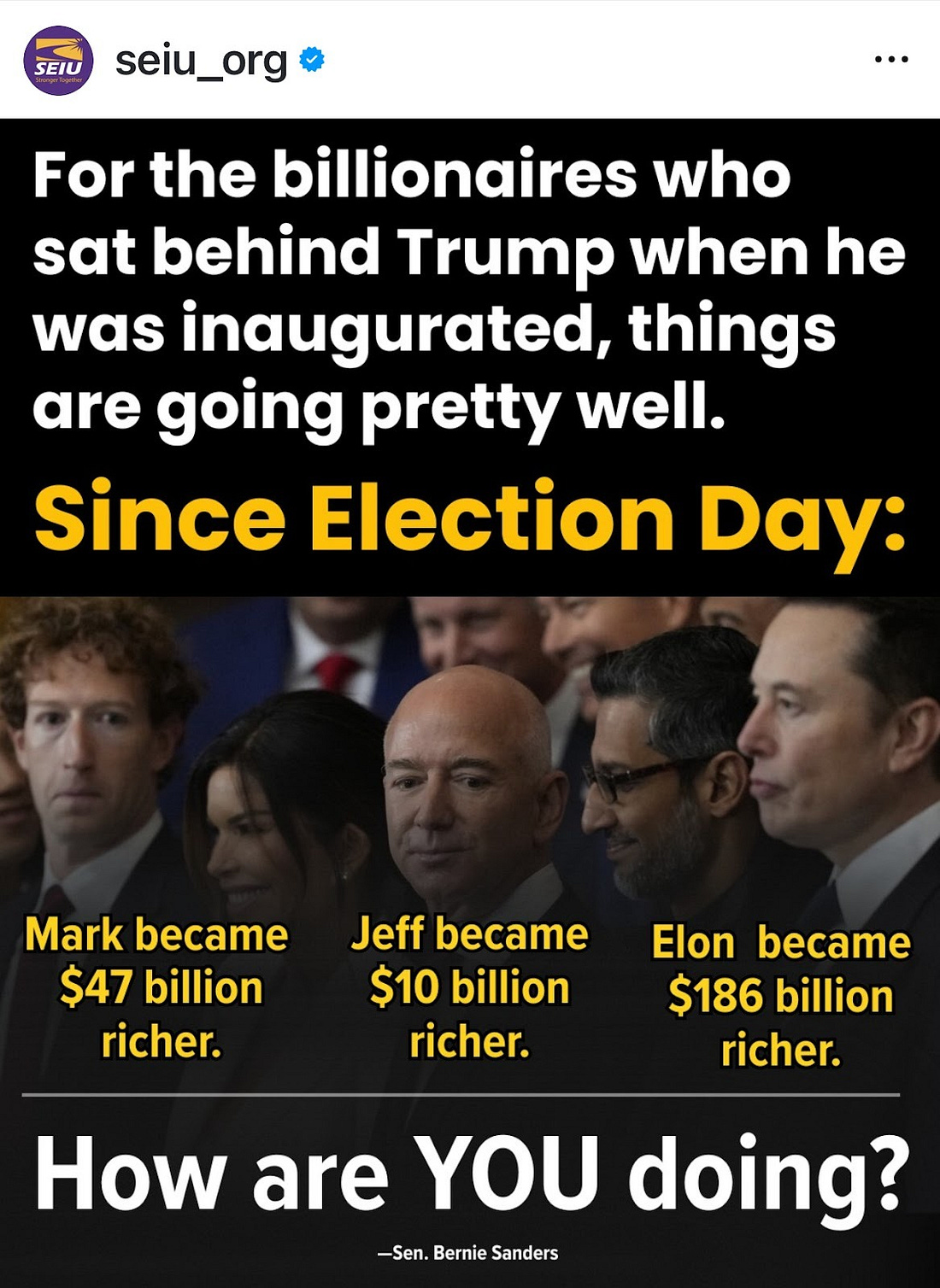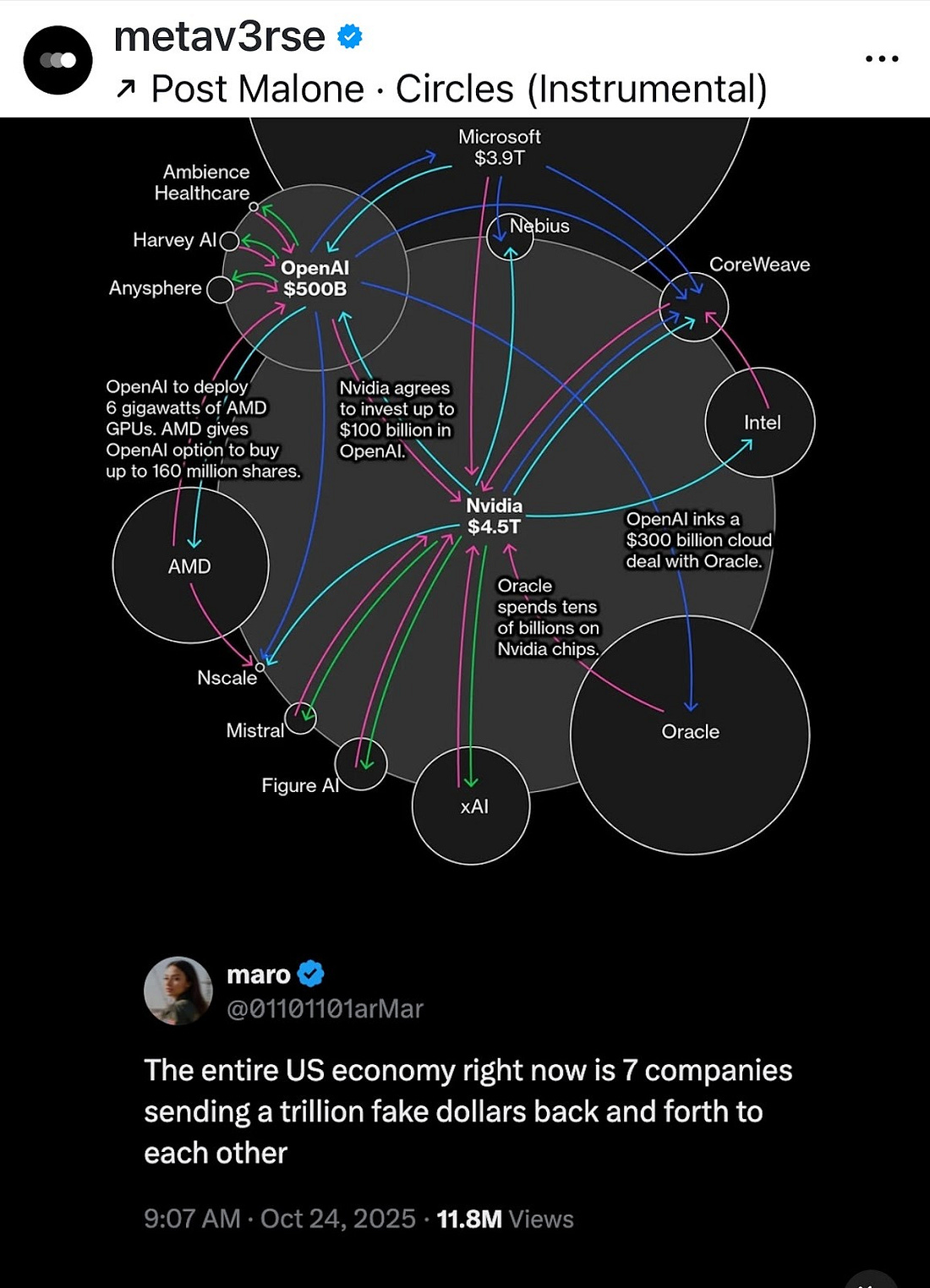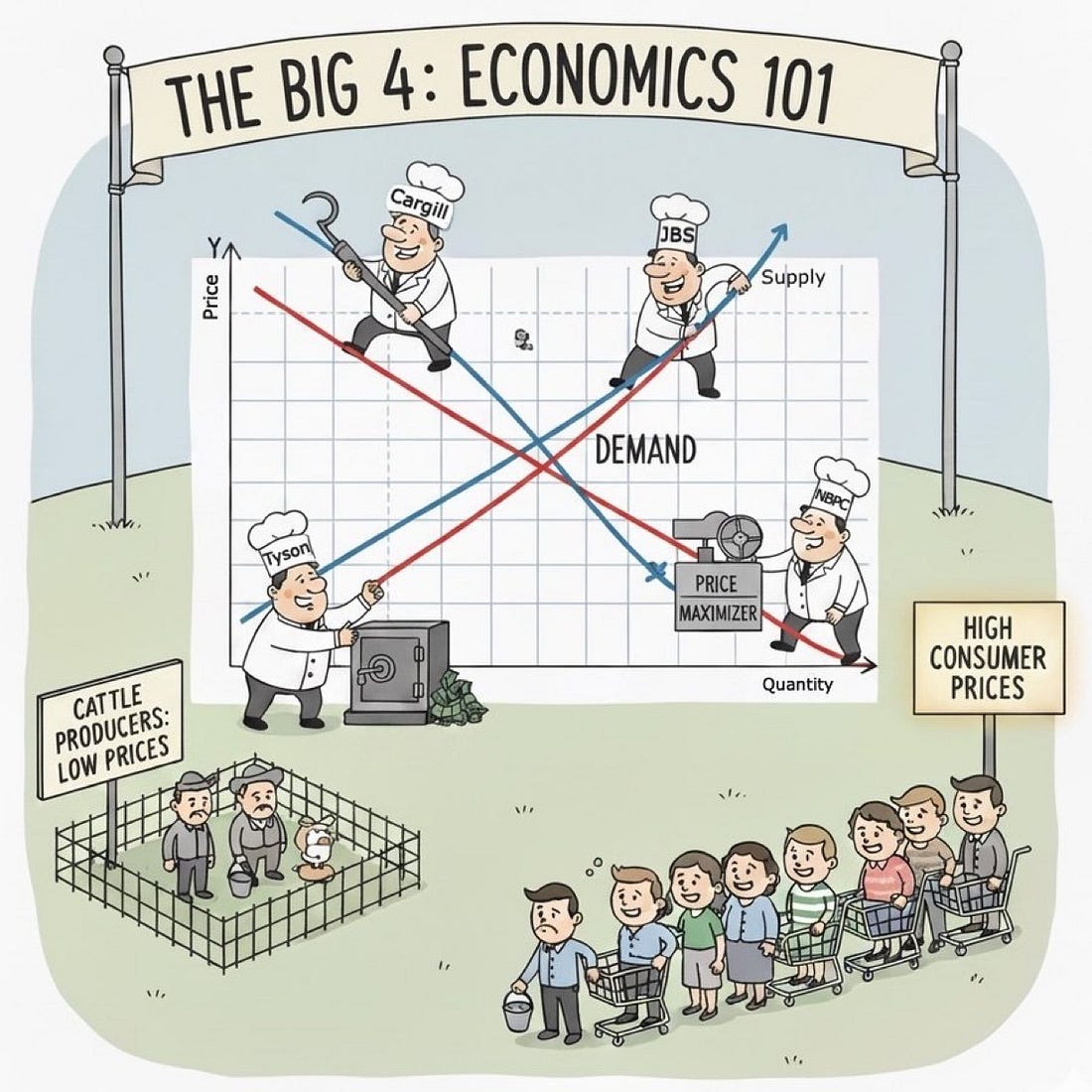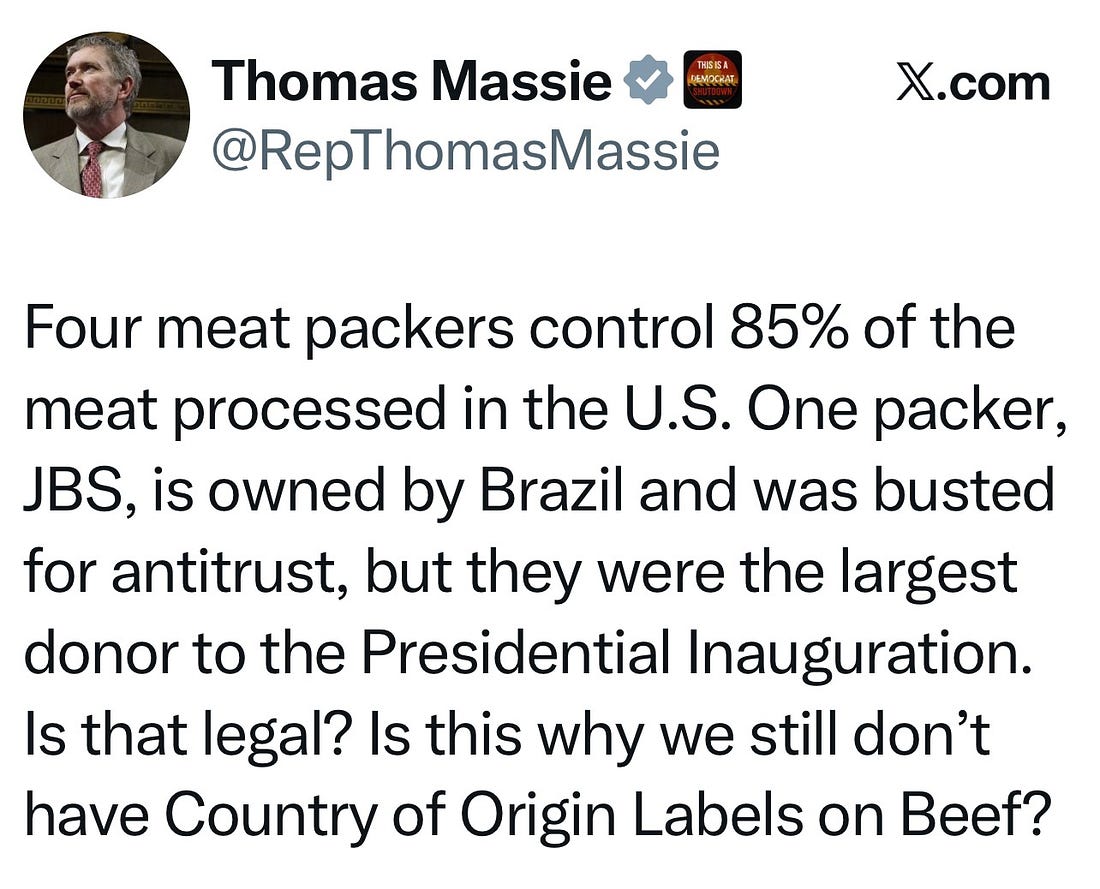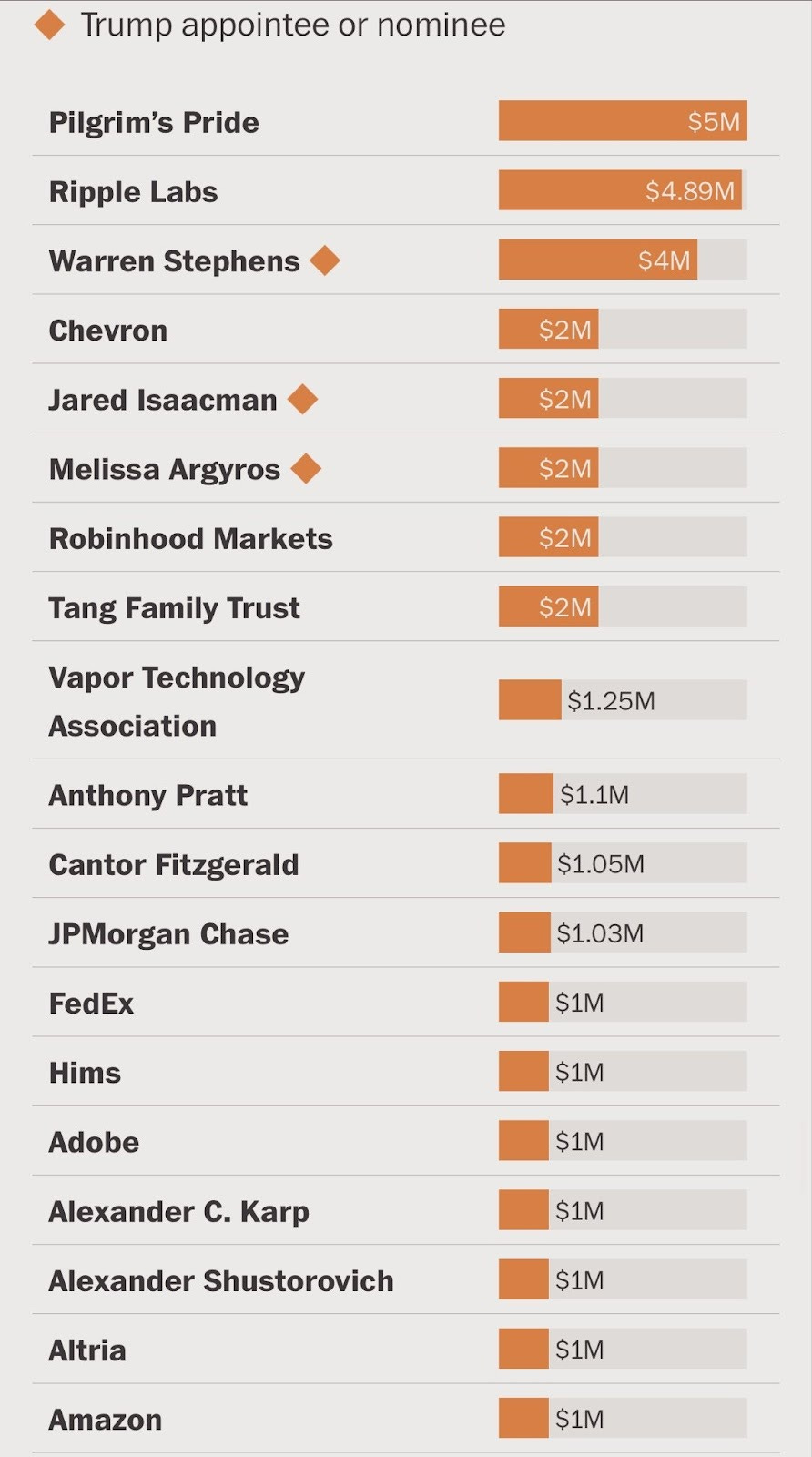Welcome to You’re Probably Getting Screwed, a weekly newsletter and video series from J.D. Scholten and Justin Stofferahn about the Second Gilded Age and the ways economic concentration is putting politics and profits over working people. Welcome to You’re Probably Getting Screwed, a weekly newsletter and video series from J.D. Scholten and Justin Stofferahn about the Second Gilded Age and the ways economic concentration is putting politics and profits over working people. Last week the National Basketball Association (NBA) was rocked with a gambling scandal that resulted in the arrests of Portland Trail Blazers coach Chauncey Billups, Miami Heat guard Terry Rozier and former NBA player Damon Jones. The three are alleged to have been part of a massive gambling ring with mob ties involving sports and rigged poker games. The scandal and the coverage of it by sports media outlets has shone a light on the ubiquity of sports gambling and the inherent conflicts of interest it creates. In 2018 the Supreme Court overturned the Professional and Amateur Sports Protection Act. The 1992 law had prohibited most sports betting in most states across the country. The decision unleashed a floodgate with states rushing to legalize sports betting. Today sports betting is legal in 39 states and has grown into a nearly $14 billion industry according to the American Gaming Association. This booming growth has largely benefitted the sports betting duopoly of FanDuel and DraftKings, which control anywhere from 80-90% of the market. The companies - which originally launched as daily fantasy sports providers - tried to merge in 2017 but were blocked by the Federal Trade Commission (FTC). Despite that action by the FTC, the companies have been accused of acting together to use their market power to suppress competition in the market and even using their clout to get rival platforms banned in certain states. For FanDuel the gambling boom has provided an opportunity to expand its reach far beyond putting a casino in your pocket. Your favorite team’s games might be broadcast on the FanDuel Sports Network, your favorite podcast might be sponsored by FanDuel and the odds you see reported might be coming exclusively from FanDuel. The company has now also taken a first step in moving beyond sports. Last week FanDuel announced a new partnership with CME Group to offer event prediction contracts. These can be bets on everything from election outcomes, award show results or the likelihood of a Federal Reserve interest rate decision. If you want a sense of who else is interested in these markets and the likelihood they will be properly regulated consider a recent announcement from President Trump’s social media company. Truth Social recently unveiled plans to launch a prediction betting marketplace in partnership with Crypto.com. These marketplaces are regulated by the Commodity Futures Trading Commission (CFTC), and obscure federal agency tasked with regulating futures contracts. President Trump’s recent pick to chair the CFTC - attorney Michael Selig - has said he shares Trump’s vision for making the US the crypto capital of the world. All of this is creating greater financial hardship. Last year two studies released in August found that households in states where sports betting had been legalized saw significantly reduced savings, lower credit scores, higher credit card balances and more bankruptcies. One of the studies also found that gamblers were more likely to have children, creating a broader impact to the financial toll of gambling. It’s not hard to see how one would fall into this problem when sports broadcasts are peddling gambling at every turn. Each game of baseball’s postseason has featured a constant stream of betting odds on the likelihood a player or team will do something. It’s so ubiquitous it’s become a part of broadcaster’s on-field calls. During a game between the Seattle Mariners and Toronto Blue Jays, Fox Sports play-by-play announcer Joe Davis’ call of an Addison Barger homer referenced the odds that had been given at the top of the inning as to whether Toronto would score another run. “Oh baby, 100% chance!” This coziness already seems to be creating the conditions for more scandal. This summer Cleveland Guardians pitchers Emmanuel Clase and Luis Ortiz were put on administrative leave as Major League Baseball launched an investigation into suspicious gambling activity. Roughly a year earlier Ippei Mizuhara, the former translator for baseball superstar Shohei Ohtani, pled guilty to bank fraud and tax evasion as part of a scheme with an illegal bookmaker. In addition to scandal, this easy access to pocket casinos is creating challenging conditions for athletes and coaches who are receiving harassment and death threats from spurned gamblers. Sports betting is not the only broken part of the gambling space. Pat Garofalo in Boondoggle today highlights the scam of state lotteries for example. The rapid rise of sports betting has made it seem like an inevitability, and maybe it is too late to put the genie back in the bottle, but for states that have yet to legalize sports betting they should think long and hard before doing so. For policymakers in states that already have, at the very least they should consider whether regulations on sports betting are protecting vulnerable people or simply enriching the gambling duopoly that might have written the law in the first place. And members of Congress should also keep a close eye on the CFTC to ensure its doing its job and not just rolling out the welcome mat for even more predatory gambling schemes. YOU’RE PROBABLY (ALSO) GETTING SCREWED BY:Tech Billionaires Hmmm… I wonder if there’s any connection to these guys sitting front row to Trump/s 2nd Inauguration? Coffee Prices It’s getting more expensive for Americans to get their caffeine fix. The average U.S. price of a pound of ground coffee hit $9.14 in September, a 3% increase from the August average of $8.87 and 41% higher than in September 2024, according to U.S. government figures. Coffee prices have been increasing sharply since the start of this year. The US Economy is Just AI Meatpackers Succession Character or Billionaire Our new favorite game, from Zeteo:  More Packers Representative Thomas Massie (R-KY04) is COOL… Or at least fighting for COOL, Country of Origin Labeling. Kudos to him for leading the effort and calling out the Trump’s Administration’s ties to the major packers. Good NewsBillie Eilish While the pop star was honored at the WSJ Magazine Innovator Awards for her contribution to the music industry, it was revealed that she will be donating $11.5 million to the Changemaker Program, which addresses climate change and food insecurity. In her acceptance speech she said “Love you all, but there’s a few people in here that have a lot more money than me. If you are a billionaire, why are you a billionaire? No hate, but give your money away, shorties.” A More Effective, Responsive Government The Roosevelt Institute came out with a new report on how we can have a more effective and responsive government.
Lina Khan Guess who has a new substack? Lina Khan!!! Check it out! BEFORE YOU GOBefore you go, I need two things from you: 1) if you like something, please share it on social media or the next time you have coffee with a friend. 2) Ideas, if you have any ideas for future newsletter content please comment below. Thank you. Break ‘Em Up, Justin Stofferahn |


